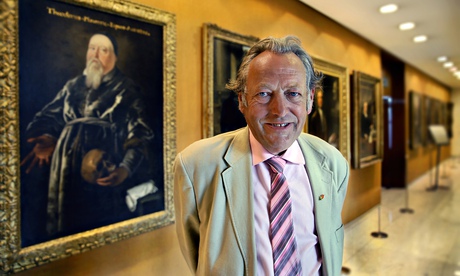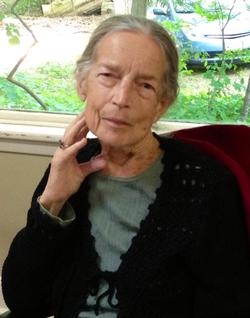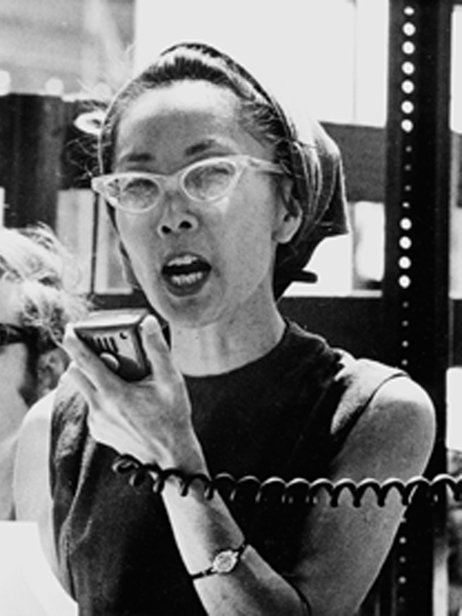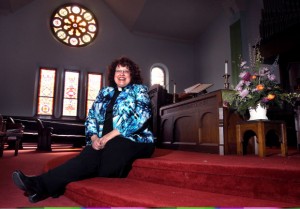 Inequality is plaguing the United States and other countries around the world. Most notably, the UK is also experiencing steep inequality. The President of the UK Faculty of Public Health, John Ashton notes that inequality and poverty is the predominant health concern for youth in the UK. Although, Ashton’s job is to monitor and promote health in the country, he sees fighting poverty as preventative medicine. When he was asked what the largest health concern is for the UK he said, “One is the growing inequalities in people’s position, income and control over their lives over the last 20 or 30 years. Lots of people are living miserable, short lives, with a lot more ill-health than people in the more advantaged parts of the country.” He went on to explain the distribution of wealth and poverty in the UK stating, “Being a northerner, I’m aware that a lot of people in the more advantaged parts of the south-east have no awareness at all of what people on the west coast of Cumbria or in parts of north Liverpool or east Manchester where nobody’s worked for two or three generations, they can’t put food on the table and the children can’t take part in school trips, so those children are growing up as second-class citizen relative to other young people.”
Inequality is plaguing the United States and other countries around the world. Most notably, the UK is also experiencing steep inequality. The President of the UK Faculty of Public Health, John Ashton notes that inequality and poverty is the predominant health concern for youth in the UK. Although, Ashton’s job is to monitor and promote health in the country, he sees fighting poverty as preventative medicine. When he was asked what the largest health concern is for the UK he said, “One is the growing inequalities in people’s position, income and control over their lives over the last 20 or 30 years. Lots of people are living miserable, short lives, with a lot more ill-health than people in the more advantaged parts of the country.” He went on to explain the distribution of wealth and poverty in the UK stating, “Being a northerner, I’m aware that a lot of people in the more advantaged parts of the south-east have no awareness at all of what people on the west coast of Cumbria or in parts of north Liverpool or east Manchester where nobody’s worked for two or three generations, they can’t put food on the table and the children can’t take part in school trips, so those children are growing up as second-class citizen relative to other young people.”
In this way, he points out that a child born to poverty is almost locked into that system with less opportunity for advancement and they are almost surely bound to repeat the process. This is particularly a problem because the quality of life and life expectancy varies drastically from rich to poor. Ashton was also trained as a psychiatrist before entering public health and he is also very concerned with the high rate of mental illness that goes along with poverty. He notes, “the condition of adult males is of increasing concern because suicide has been going up in working-age men, especially the under-40s. There’s something in the dramatically changed position of men in society vis-à-vis women and vis-à-vis the labour market that’s affecting men’s self-esteem and self-confidence as a result of this dislocation…” He is also very concerned about young people growing up in an environment where they cannot get jobs and contribute positively to society. There is no easy fix, but Ashton notes that a four day work week may open up positions and allow more leisure time for men and women in the UK to enjoy spending time with their family and building positive relationships.


